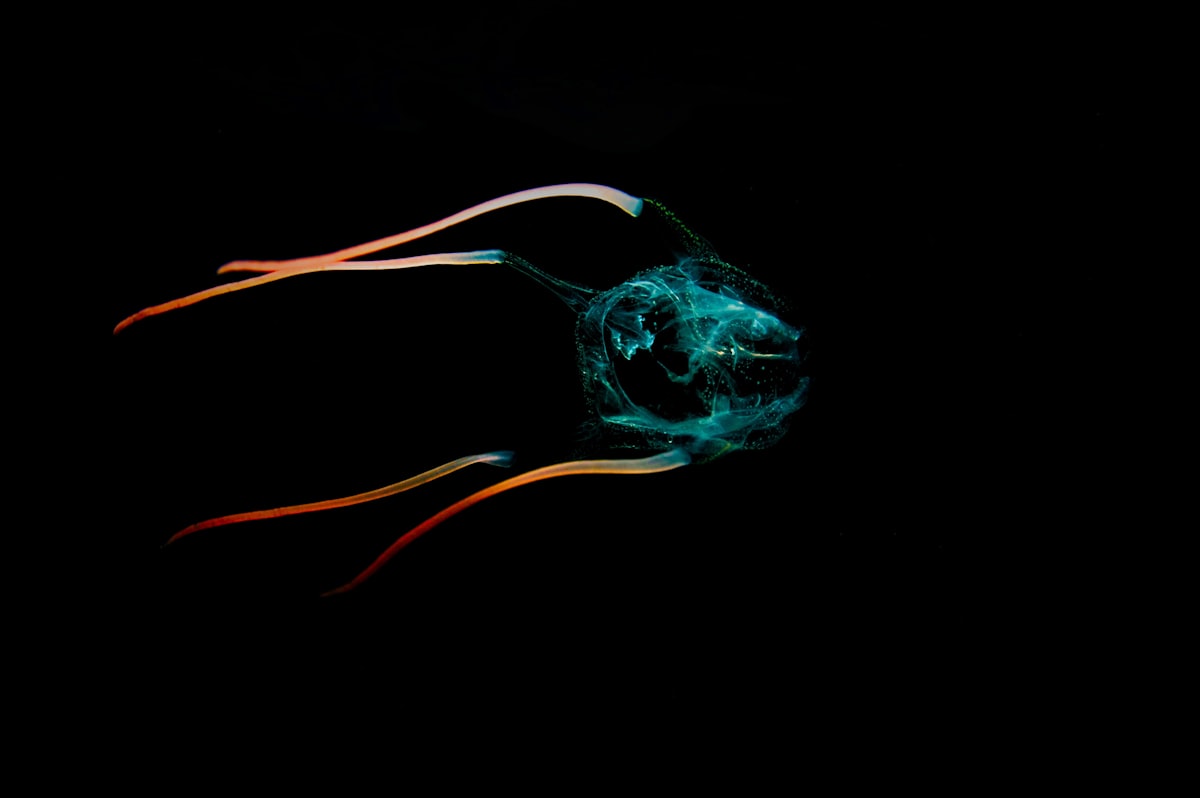Is your bug-eyed space-monster a person?
Space opera assumes that aliens will be people, but maybe that's not what intelligence looks like

Besides cheap and easy space travel, you also expect to find intelligent aliens in space opera stories
Intelligent means more than just cleverness, being good at solving problems.
Look at the most popular space opera stories and you find the Rubber Forehead Aliens are nearly everywhere.
Star Wars made some admirable (and less admirable) attempts at non-humanoids. Babylon 5 had a solid go at this. Most of Trek is forehead aliens, but there are exceptions.
We can write that off as the realities of filming alien aliens. And it's not like this breaks the spell when you're drawn into a good story.
But there's another way to think about intelligent aliens as a problem. And it's a much bigger problem than how they look.
These intelligent aliens are human-like in their intelligence.
Human smarts are super-specific to human nature
To list a couple of things:
- Humans are social animals who live in families, communities, and other organizations. All human individuals depend, to a greater or lesser degree, on a common and shared social life.
- Humans communicate through spoken and written languages. We make sounds and scribble symbols in order to make ourselves understood to others. Even our most abstract thoughts depend on the categories that language makes available to each of us.
- Humans understand each other and the world through bodily gestures. For example, we know the difference between up/down, left/right, back/front, and near/far because of the way our bodies are built.
If we're following the Holy Scripture of evolutionary biology, we ought not assume that any single one of these traits would appear in non-human life developing on extraterrestrial worlds.
But that curious blend of characteristics that we call a "human being" is also the only real-life example we have of a cultural, tool-using life-form.
Yet...
Nearly all science fiction assumes that intelligent aliens will be individual persons
Our culture, at least here in the mostly English speaking Western world, is built on the assumption that we're all mostly autonomous individual persons.
We're each gifted with a conscious mind, more or less, and powers of thinking with concepts. We're rational beings, in other words, and that rationality grants us certain freedoms and rights which are not found in any other animals.
Which is, bizarrely enough, a cultural standpoint. Not all present-day cultures believe this, and none of our own ancestors believed it quite the way we do.
But it's more than culture. It's built into the biological form of the human organism.
Which means that once we take human form off the table in an alien encounter...
We can't assume that their intelligence will be human-like, either.
Don't misunderstand. Aliens might be blindingly intelligent, and yet not be social, language-using, individual persons.
Forget the humanoids. The idea that you'll rock up to Delta Pavonis and speak to the local technological species is remote in the extreme.
Whatever intelligence we find out there is unlikely to have the attributes of human intelligence.
Lovecraft's monsters show us how this might look
In his story "At the Mountains of Madness" the heroes discover a shambling, blasphemous creature:
It was a terrible, indescribable thing vaster than any subway train—a shapeless congeries of protoplasmic bubbles, faintly self-luminous, and with myriads of temporary eyes forming and un-forming as pustules of greenish light all over the tunnel-filling front that bore down upon us, crushing the frantic penguins and slithering over the glistening floor that it and its kind had swept so evilly free of all litter.
– H. P. Lovecraft
The shoggoth was a piece of construction equipment... basically a Swiss army knife embodied in an mind-shattering horror from beyond.
Highly intelligent, in that abstract manner of "problem solving", but utterly alien to the human experience.
It doesn't look like us or think as we think. It has no body as we understand bodies. It isn't even strictly an object. It has no well-defined boundaries. Whatever endures in it is more like an ocean wave, a pulse of energy flowing through matter, than a solid block of iron.
But there's no doubting its calculating cleverness... or its hostility as it hunts its prey.
When you play with this idea, you reach an unsettling conclusion
Space isn't suited for human beings. There's all the well-known physical problems, sure. How do you get rockets up there? How do you get them to another star? How do you make sure the ecology can survive the trip? How can you survive on an alien world if you manage to get there?
All important and serious problems.
What's less understood is the psychological impact.
Our organic bodies are only a few steps removed from the serengeti and the jungle, in geological terms. Intelligent as we are in many ways, we're still creatures of biological origin, highly adapted to the specific niches found on Earth's surface, plus or minus few hundred meters.
Space would drive us crazy.
Or, in a wilder scenario, the horrors of life in space would pressure us to become other than human. Whether through genetic tinkering, technological prosthetics, or some other magical conjurings.
This could well be one of the solutions to Fermi's paradox. There's nobody out there because only a nobody could survive in an interstellar environment.
If it's depressing to think of the stars as belonging to nonconscious fungi capable of using technologies far beyond us present-day humans, it's also one of those mind-twists that opens up you to the strangeness of what might be out there.
You wouldn't expect to find forehead aliens... why expect to find minds like ours?
This doesn't have to be a pessimistic conclusion. Wildly nonhuman minds would not have to be hostile to us, or even unable or unwilling to communicate. Although this idea is often explored in those terms.
Different domains of intelligence might compete, but they could just as well cooperate in as many ways.
Either way...
The idea that we'll make contact with another kind of chattering ape is as unlikely as forehead aliens
By the way – If you liked this article, you'll get even more good stuff if you join us.
You'll have full access to the members-only posts. Starting soon most posts are going to be perks for members.
Another bonus perk: members can be a part of the private rogue planet community, where you can leave your thoughts and hang out with other SFF Heretics on the inside, away from the screaming mess of Twitter and the privacy-thieving jumble of Facebook.
There's no charge (yet) to become a member, so click here and join now.

